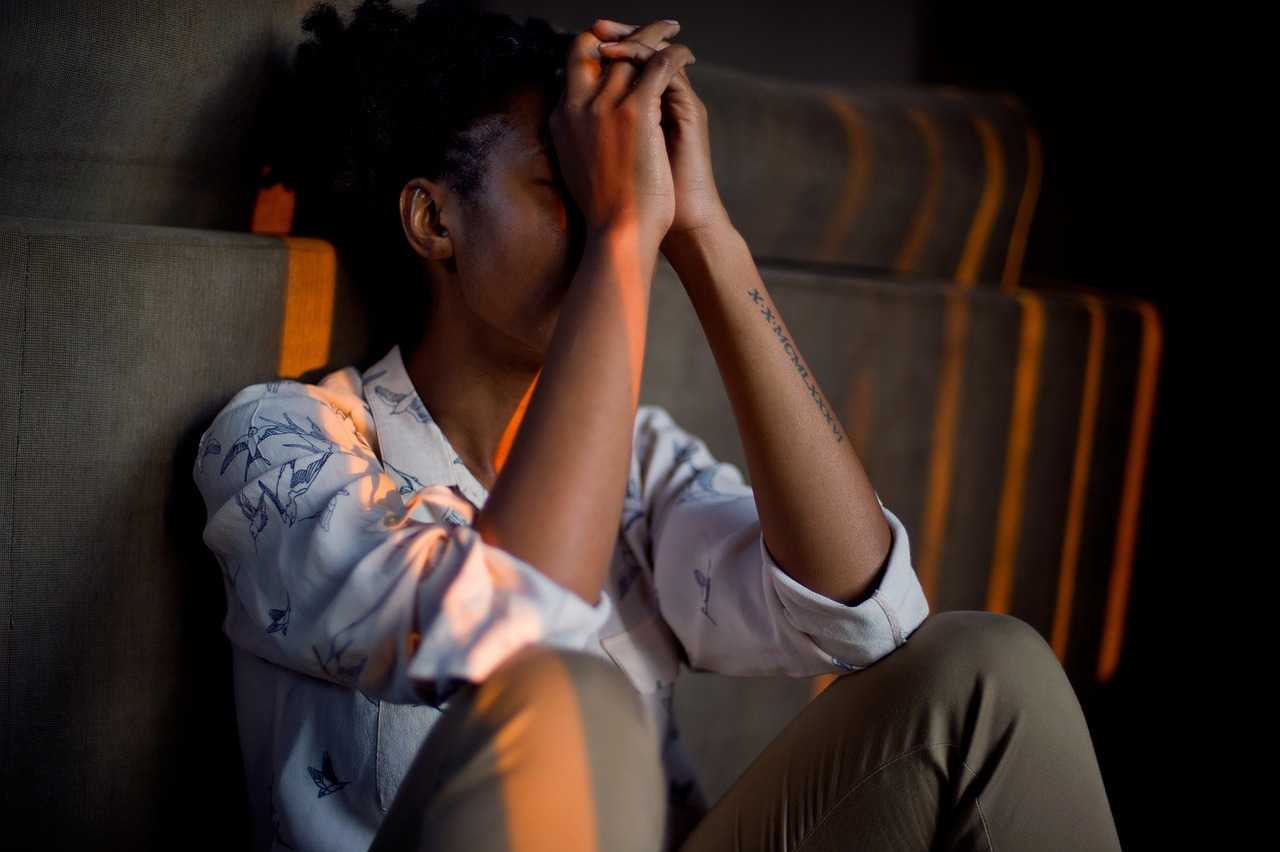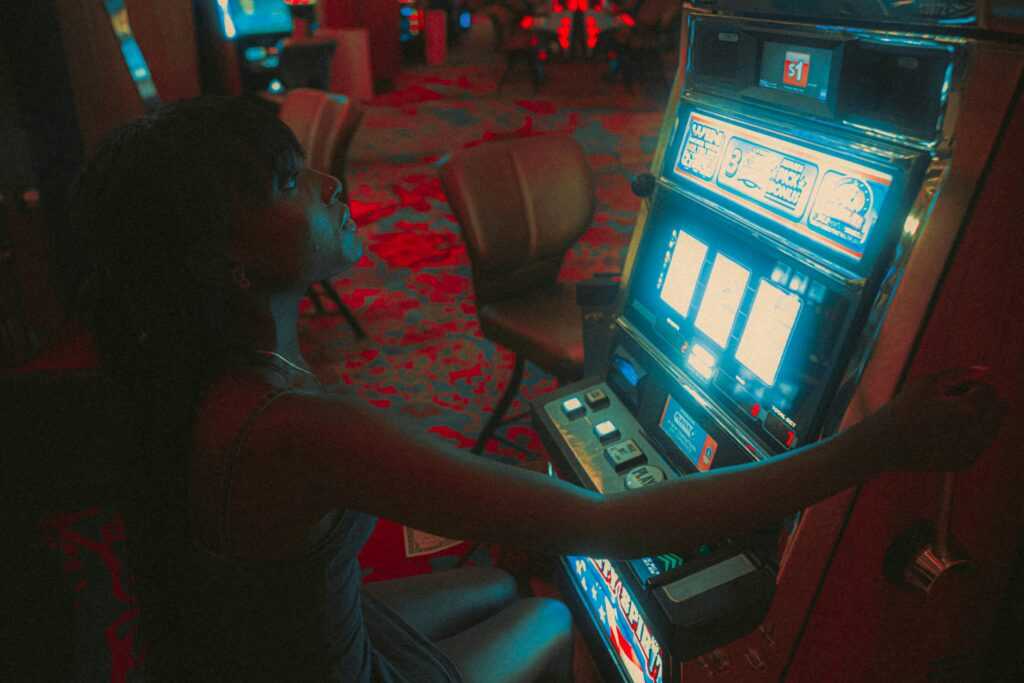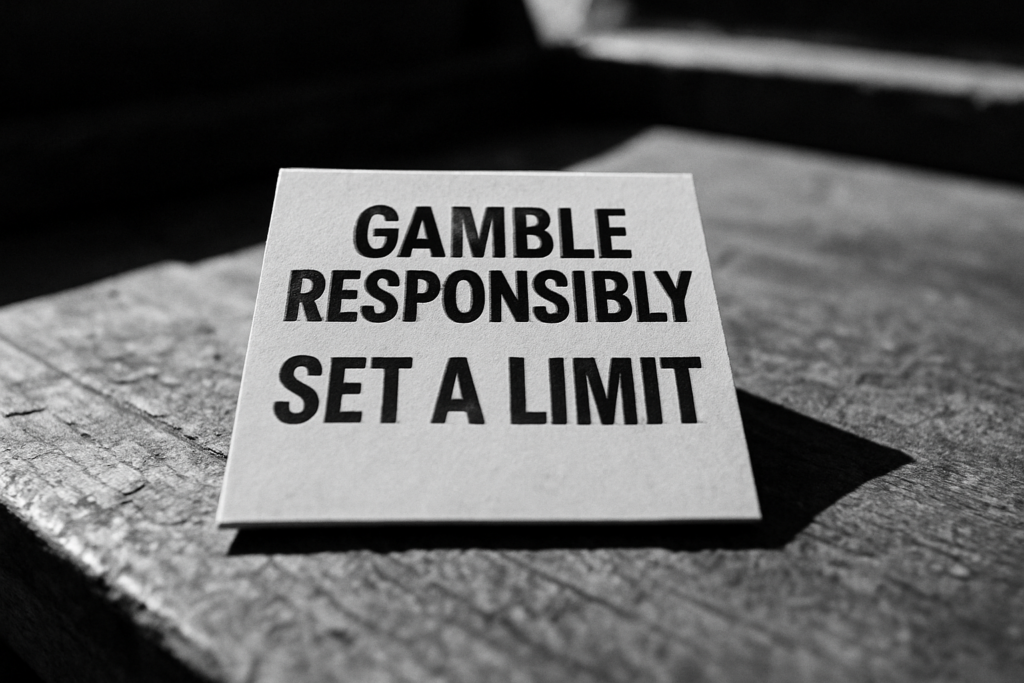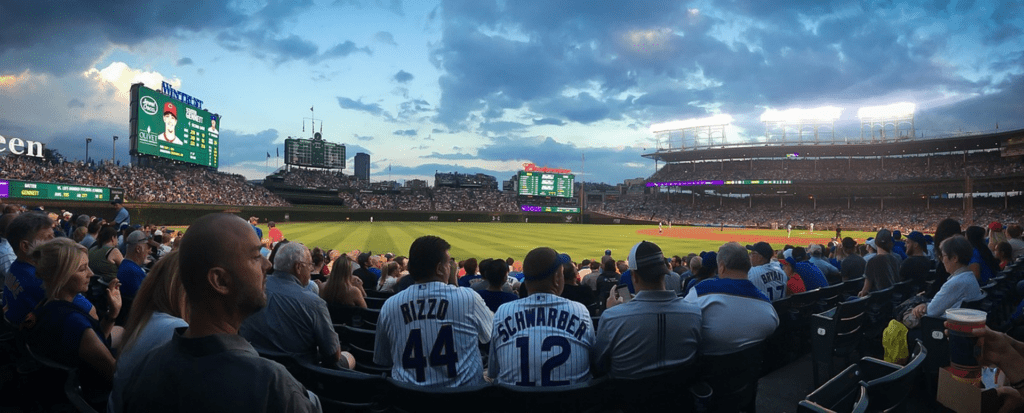What Gambling Addiction Actually Looks Like
Most people can buy a lottery ticket now and then or play a casual round of poker without issue. That’s recreational gambling. It’s infrequent, budgeted, and treated like entertainment the same way someone might go to a movie or grab takeout on a Friday night. The line gets crossed when gambling stops being fun and starts feeling necessary.
Compulsive gambling isn’t about how often someone plays, but what’s driving it and what happens afterward. It’s when the outcome matters too much when the emotional stakes are higher than the money involved. People gamble to numb stress, to avoid problems, or to chase the rush of a previous win. There’s no off switch anymore. Guilt, shame, secrecy, and a growing need to ‘get even’ start piling up.
Someone caught in this cycle might not look out of control on the surface. But beneath it, there’s often anxiety, irritability when not gambling, and a constant loop of self justification. It’s not about counting how many times someone bets it’s about whether gambling is harming their life, relationships, or sense of self.
Key Behavioral Red Flags
Addiction rarely kicks down the door all at once it creeps in. One of the first signs? Gambling is always on your mind. You’re thinking about the next bet while brushing your teeth or zoning out at work. Wins, losses, odds your brain won’t shut up about it.
Then come the secrets. You start lying to your partner or friends. Maybe you say you were out with coworkers when you were at the casino. Or you hide receipts, disappear for hours, stash losses under vague excuses.
Chasing losses is another huge warning flag. You lose money and convince yourself you’ll fix it next time with just one more “lucky streak.” Only, that streak never comes, and the hole gets deeper.
Financial problems start piling up, too. Borrowing from friends, skipping bill payments, tapping into savings for “just this once.” Normal financial routines fall apart.
And it doesn’t just hit your wallet. Mood swings kick in. You get irritable, distant, or anxious especially when you’re not gambling. Isolation becomes routine. You might snap at people for no reason or go silent when you feel tempted to play again.
All of these signs connect. They don’t show up alone. And together, they paint a picture that shouldn’t be ignored.
For more detail, visit our guide on problem gambling signs.
Emotional and Psychological Indicators

Gambling addiction doesn’t just show up in behavior it shows up in how you feel. A common emotional red flag is feeling anxious or low when you’re not gambling. The itch to place a bet becomes more than just a habit; it turns into a kind of pressure release. When you’re not feeding it, tension builds. This isn’t about boredom it’s about withdrawal.
Then there’s the flip side: the short lived high when you actually do gamble. That rush, that buzz, the sense that just for a moment you’re in control or on the cusp of turning it all around. It’s a psychological reward loop that keeps pulling you back in.
For many, gambling becomes a way to numb out pain or dodge stress. Life feels overwhelming, so the screen or the ticket becomes a fast escape. Problem is, the escape is temporary and the crash hits harder. After the high, there’s often guilt. Or worse, shame that lingers. You tell yourself this was the last time. That things will change. Then the cycle resets.
These emotional swings are more than mood they’re signals that something deeper is at play. And they’re worth paying attention to.
Reaching Out: Getting Help That Actually Helps
You’re not the only one going through this. Millions of people silently struggle with problem gambling every year, often hiding the signs until things spiral. But isolation makes things worse. Step one is simple: reach out.
You’ve got options. National hotlines offer 24/7 support no judgment, just help. Local support groups can give structure and regular check ins. Online forums aren’t perfect, but they can connect you to others who get it. Just knowing you’re not doing this alone makes a difference.
On the professional side, different therapy styles can help in different ways. Cognitive Behavioral Therapy (CBT) tackles the thought loops that keep you stuck. Group sessions can offer perspective and community. Financial counselors can help untangle the money side, which is often a big trigger.
It also helps to build your own support net someone who actually has your back. Create accountability with a friend, a sibling, a partner. They don’t need to be perfect. Just present.
You can dig deeper into support strategies in our full guide on problem gambling signs.
Taking the First Small Step
You don’t need to have all the answers to get started. Self assessment tools often found on addiction support websites are a low pressure way to check in. They’re quick, private, and can give you a rough sense of whether you’re facing something more than just a casual habit. It’s not a diagnosis, but it’s a start.
Sometimes, the game changer isn’t a program or a strategy. It’s a single conversation. Whether it’s with a friend, a therapist, or a support hotline, talking to someone just once can pull you out of the fog. That little bit of clarity often makes the next step a lot less intimidating.
And here’s the real deal: this isn’t about flipping your life overnight. Slide the idea of perfection off the table. Progress counts. One honest moment, one better decision, one less bet it adds up. The first step doesn’t have to be dramatic. But it has to be yours.


 Veronique Godinezie – Entertainment & Gambling Trends Writer
Veronique Godinezie is an expert in the ever-evolving relationship between gambling and entertainment, serving as a Gambling Trends Writer at Gamble Wise Roll. With a keen interest in how gaming intersects with pop culture, esports, and digital innovation, she explores the latest trends that are redefining the gambling experience. From interactive betting experiences and skill-based gambling to the rise of virtual casinos and celebrity-endorsed gaming platforms, Veronique provides engaging and forward-thinking content that keeps readers informed about the future of gambling. Her storytelling brings an exciting and dynamic perspective to Gamble Wise Roll, offering insights into how the industry continues to evolve in the digital age.
Veronique Godinezie – Entertainment & Gambling Trends Writer
Veronique Godinezie is an expert in the ever-evolving relationship between gambling and entertainment, serving as a Gambling Trends Writer at Gamble Wise Roll. With a keen interest in how gaming intersects with pop culture, esports, and digital innovation, she explores the latest trends that are redefining the gambling experience. From interactive betting experiences and skill-based gambling to the rise of virtual casinos and celebrity-endorsed gaming platforms, Veronique provides engaging and forward-thinking content that keeps readers informed about the future of gambling. Her storytelling brings an exciting and dynamic perspective to Gamble Wise Roll, offering insights into how the industry continues to evolve in the digital age.
